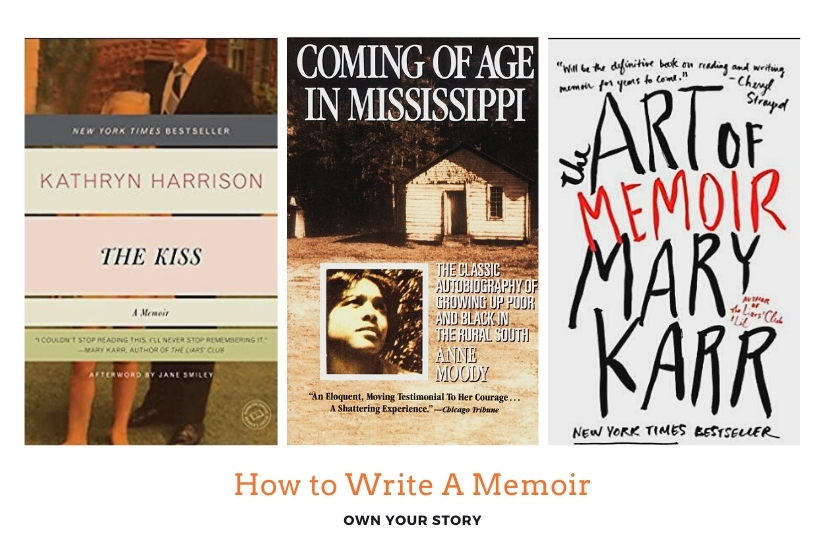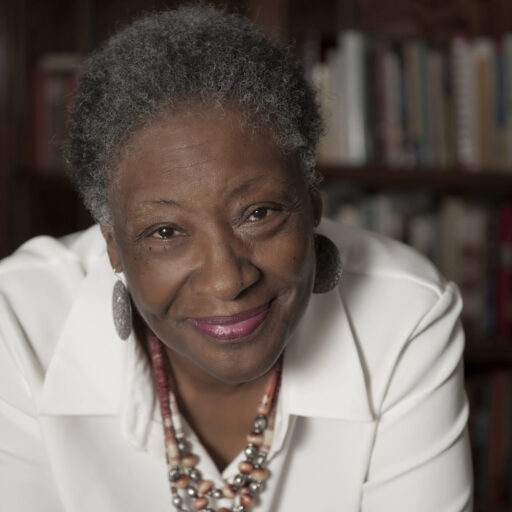
Writing a memoir forces you to take ownership of the story of your life. Ownership means claiming your life and all its false starts and final reckonings. There are no half measures, no second-guessing in a memorable memoir. This is who I was. This is who I am. These are the emotions I felt. This is my mother. This is my father. This is me. Writing a memoir means being prepared to evaluate your life and to uncover its terror and grace. To discover all that and shape it into a story. Memoir has allowed me to understand how much I loved my parents, how much they loved me, my strength and resilience, and the ways that my life is a reflection of the lives that all of us live.
You must be willing to tell your story. Driven by the desire to write about your life, approach the endeavor with curiosity and passion, with a desire to answer questions that have shadowed and molded you. Actively curious about your life, you become a writer and truth-seeker. You remember and recreate your family, your childhood, your seminal experiences as part of a process that is creative, inevitably therapeutic, and artistic. You are writing a memoir because you want to. Maybe because you need to.
There is no unimportant or insignificant life. Memoir reveals the monumental and the momentous in the mundane. Individual choices, dreams, challenges are all we have, and what they reveal about us can inspire and sometimes save the souls of readers. Black Boy by Richard Wright, the memoir of his childhood and youth in the segregated 1930’s South is an important American text because Wright knew that his story mattered and deserved to be told. Wright portrayed the complex humanity of his family, the grandeur of his quest for literacy, opportunity, and agency in the wider world. He knew that his story, the story of millions of Black boys, was a story the South had attempted to strangle, abort and censor. It was a story bigger than him, a story that had to be told. Your story is bigger than you. To write your story well you must fully understand and be willing to stand up for its significance and necessity.
I “owned” my story in Migrations of the Heart by documenting in vivid detail coming-of-age in an era of assassinations, (John Kennedy, Malcolm X., Martin Luther King Jr., Robert Kennedy), political upheaval and change ( the civil rights, women’s and Black Power movements), and transformation of identity ( the afro, from Black to Negro, Black Pride). I became an adult during one of the most dramatic historic moments and so recreated the tenor and tone of that time and how it imprinted me.
Owning the ways in which I was unfair to my father, I revealed vulnerability and stubborn pride. Every reader has yearned for parental approval, been willful, and has loved badly. Every twist and turn of your heart affirm for the reader that you are writing an authentic story and that they can trust as narrator of your life. Critics of memoir often write off the form as a genre stuck in the mud of trauma and pain, and little more. But we are all damaged in some way and how we prevail and triumph and become so much more is the material of all human story, from the oldest myths to contemporary literature.
Kathryn Harrison’s memoir The Kiss recounts a childhood growing up isolated from a father who came back into her life when she was a young adult and manipulated her hunger, need, and love of him. The result was their toxic reunion that found expression in an incestuous affair. Harrison spent years masking her story in novels about women who were silenced and abused. When she became a mother she decided that her daughter needed to know how she had survived this history to become the strong, creative writer, woman, wife, mother who found a final peace with shame and guilt.
What must you own in order to write your memoir?
Ready to Write Your Memoir? Register for my workshop The Naked Truth Writing A Memoir That Matters.
Bright Idea: “One is never afraid of the unknown; one is afraid of the known coming to an end” Jiddu Krishnamurti
Suggested Reading:
- Black Boy by Richard Wright
- Migrations of the Heart: An Autobiography by Marita Golden
- The Kiss: A Memoir by Kathryn Harrison
- Coming of Age in Mississippi by Ann Moody
- The Art of Memoir by Mary Karr

Marita Golden is the author of over 20 works of fiction and nonfiction. She is Co-founder and President Emerita of the Zora Neale Hurston/ Richard Wright Foundation. As a teacher of writing, she has served as a member of the faculties of the MFA Graduate Creative Writing Programs at George Mason University and Virginia Commonwealth University and served as a Distinguished Visiting Writer in the MA Creative Writing Program at John Hopkins University, and at the University of the District of Columbia. She has taught writing workshops nationally and internationally to a variety of constituencies and is a writing coach, workshop presenter, and literary consultant.



